Australia / 24 de enero de 2018 / Por: Tim Williams / Fuente: http://www.adelaidenow.com.au/
PROVIDING two years of preschool, initially for the most vulnerable children and eventually for all, must be on the next state government’s agenda, the teachers’ union says.
The Australian Education Union’s SA branch has released a position paper that is both an election wishlist and a longer term blueprint for public education.
It says the first priority for young children must be to boost the proportion who attend 15 hours of preschool a week in the year before starting school. While all SA 4-year-olds are enrolled, only 75 per cent attend the funded hours.
The union says whoever forms government after the March election must also develop a longer-term strategy to provide “two years of high quality preschool education for all children”, previously estimated to cost $60 million.
“Quality early education sets the foundations for cognitive, physical, emotional, social and language development …” the paper states.
“Such a strategy should make the provision of two years of quality preschool a priority for all children for whom 15 hours (a week) for a year is not enough to meet their development needs — significant numbers of children from low SES backgrounds, Aboriginal children, children with health problems, children with disabilities, children from non-English speaking backgrounds and children in rural and remote communities.”
The paper also calls for:
A GUARANTEE embattled TAFE SA will receive at least 70 per cent of vocational training funds, leaving no more than 30 per cent as “contestable” between the public and private sectors.
FUNDING all public schools to 100 per cent of the national benchmark known as the Schooling Resource Standard.
GENDER equity strategies, including research and possible employment quotas, to put more women into school and TAFE SA leadership positions.
The State Government currently funds 12 hours a week of preschool for 4-year-olds and the Federal Government the other three hours.
Last month Premier Jay Weatherill revived the idea of two years of preschool and suggested the Commonwealth fund a trial.
But federal Education Minister Simon Birmingham said Mr Weatherill had “no proposal and no funding to roll out this idea” and was trying to distract from the crisis engulfing TAFE SA.
SA Aboriginal children and those in state care are already entitled to attend preschool from age three. Tasmania plans to offer 10 hours of preschool a week to disadvantaged 3-year-olds from 2020.
Fuente noticia: http://www.adelaidenow.com.au/news/south-australia/australian-education-union-sa-branch-calls-for-two-years-of-preschool/news-story/03507c3f6f0771696f075ff7ba35c1da

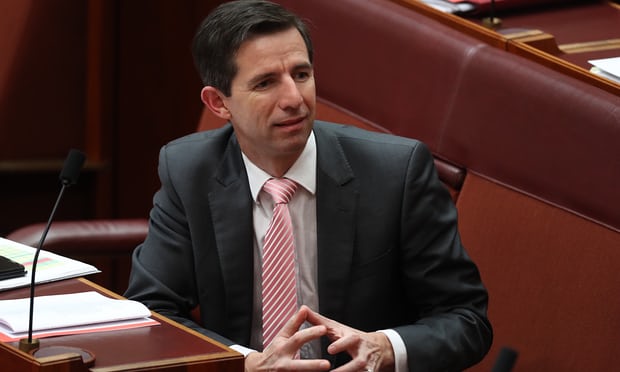

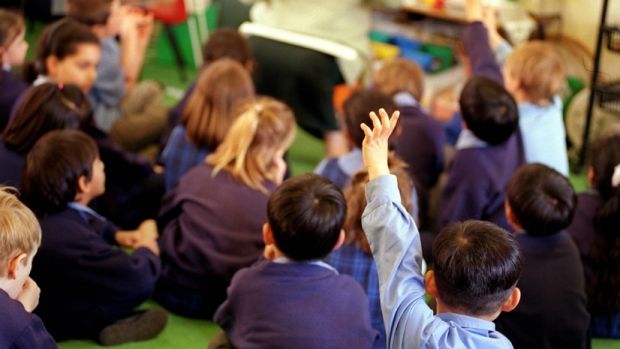
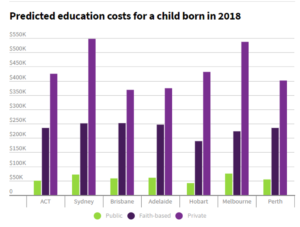
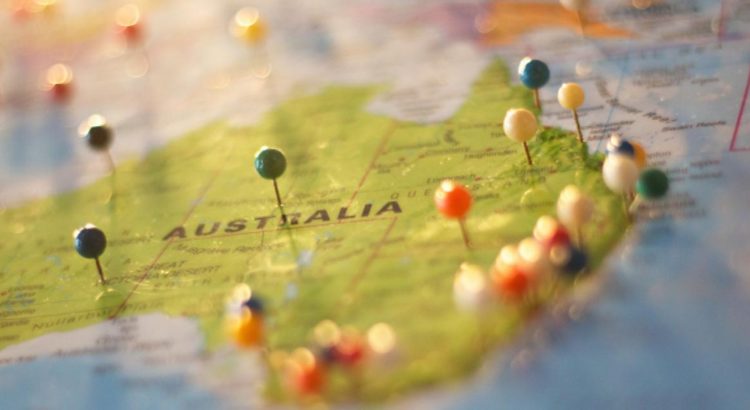

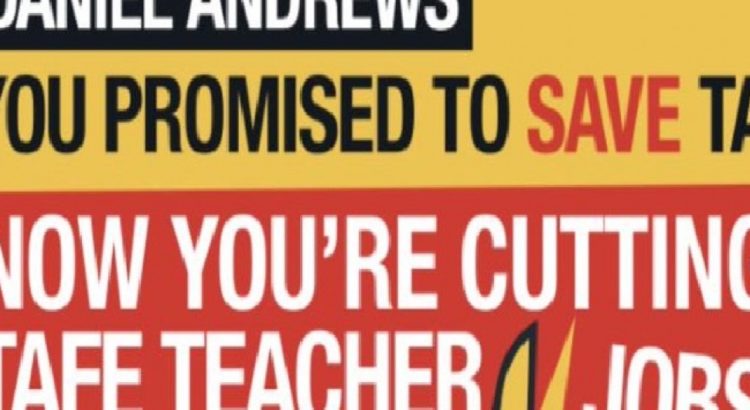









 Users Today : 110
Users Today : 110 Total Users : 35460127
Total Users : 35460127 Views Today : 145
Views Today : 145 Total views : 3418776
Total views : 3418776